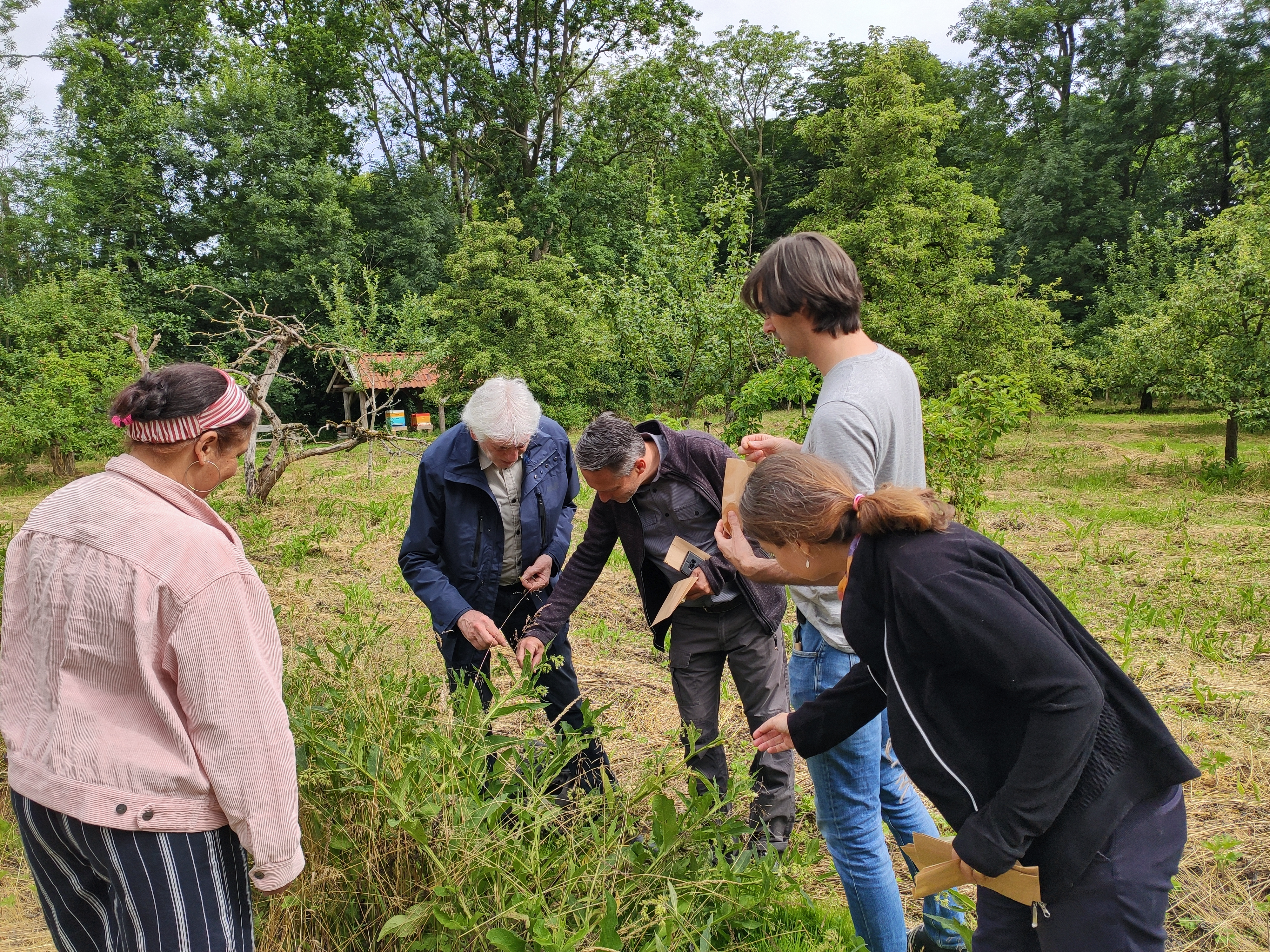 Project management: Prof. Dr. Peter Berger (ethnologist), Prof. Dr. René Cappers (archaeobotanist), both University of Groningen
Project management: Prof. Dr. Peter Berger (ethnologist), Prof. Dr. René Cappers (archaeobotanist), both University of Groningen
Project staff: Dr. Sofia (Sonja) Filatova, A. Kumar, N. S. Trivedi
Duration: January 2022 to December 2025
Funding: Dutch Research Foundation (NWO)
Project partners: Prof. Dr. Roland Hardenberg (Frobenius Institute at Goethe University), ActionAid, Sharanya Nayak (MA Sociology), Indian Institute of Millets Research (IIMR), Prof. V. Tonapi (Director), Indian Institute of Technology, New Delhi (IITD), Dr. R. Kumar (Sociology & Political Science), Nabakrushna Choudhury Centre for Development Studies (NCDS), Odisha Millet Mission Project, Bhubaneswar, Prof. S. Mishra (Director).
Funding volume: approx. 746,000 Euro (four years)
The Frobenius Institute is involved in this project as the main scientific cooperation partner. The project's two ethnographic case studies involve long-term fieldwork in two communities in Odisha that use different traditional farming systems. The first study deals with those indigenous communities (Adivasi) that inhabit the mountainous highlands and practice shifting cultivation. This is an extensive multiple cropping system, i.e., different species of millets are grown in the same field along with pulses, roots, and fruits. Millet is the most important staple food for these communities. The situation is different on the Koraput Plateau in Odisha, the site of the second ethnographic subproject. Here, millets and different varieties of rice are complementary traditional staples grown in different ways. While millets are cultivated in permanent dry fields, the specific ecological conditions of the plateau allow wet rice cultivation in terraced riverbeds. While rice is a new crop among shifting cultivators in the mountainous highlands, rice cultivation on the plateau is an ancient practice and, together with millet cultivation, is deeply rooted in ritual and worldview.







